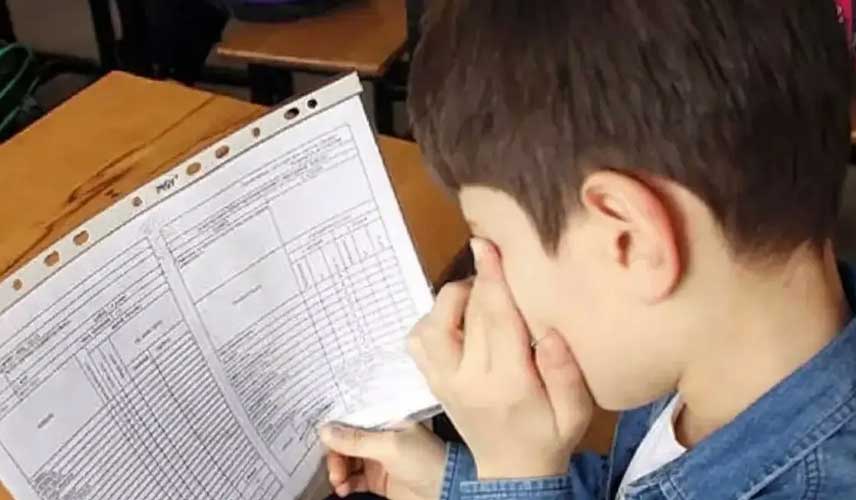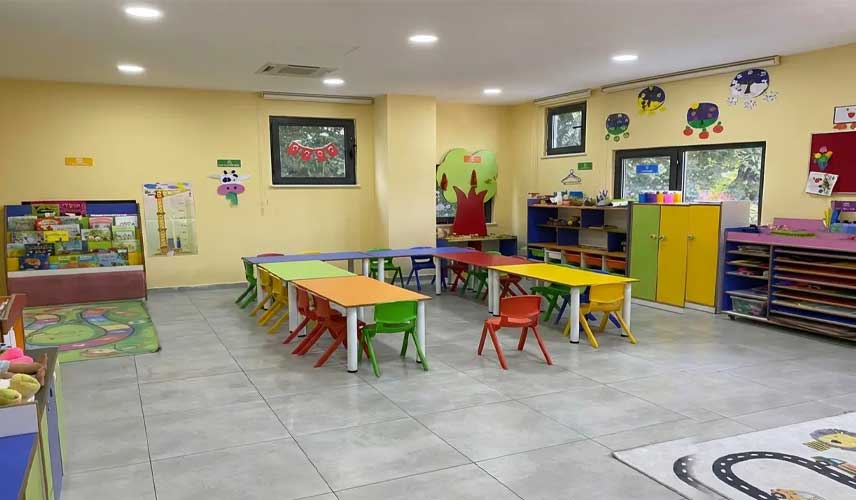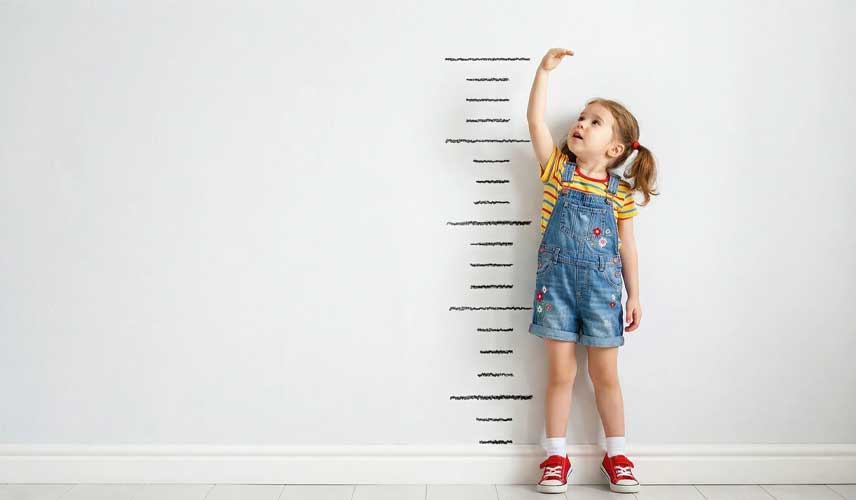
The Challenge of Report Card Day for Families

The day when the child or children at home receive their report cards can sometimes be a joyful, sometimes a troubling and frustrating day for families. On one hand, children are excited about the holiday, but those who do not have good report cards also have concerns about today and the holiday. Report card day is actually like an exam day for parents; exaggerated and incorrect behaviors regarding your child's situation today can seriously affect their future. If you want to learn how families should behave on report card day, the information we provide will be useful to you.
Possible Reasons for Poor Report Card Grades
Child-related Reasons
Adjustment problems
Emotional and psychological issues
Learning difficulties
Low mental capacity (Insufficient intelligence)
School and Teacher-related Reasons
Inadequate physical conditions of the school
The educator being strict, having excessive demands from the child, being unsympathetic, lacking empathy
Frequent changes of teachers
Problematic relationships with other children
Issues in the teacher-student relationship
Parent-related Problems
Parents having excessive expectations, being perfectionists, overly protective towards their child, being overly critical, never satisfied, constantly conflicting with their child, and failing to establish a good relationship (One or more of these situations may be present.)
Think About the Reasons for Poor Grades Instead of Blaming Each Other
Some couples blame each other for the situation of their child who has brought home a poor report card. Even if they are right in their criticisms towards each other, this situation negatively affects the children. When elementary school children witness their parents in conflict like this, they may feel guilty and unhappy, and their enthusiasm for learning may decrease. High school students may exhibit negative behaviors.
If Your Child's Report Card is Weak, Ask Yourself the Following
Have we provided a comfortable and happy environment for them at home?
Do they have a room or corner where they can study joyfully?
Have we cared about their problems?
Have we thought about and done something regarding the subjects they are failing? (Do they dislike it, not understand it, or find it uninteresting, etc.)
Have we provided support regarding their problems and subjects, or sought external support? Have we investigated if there is a perception problem, and if so, have we done something to solve it?
Have we talked to their teachers about our child's situation?
Both Parents are Responsible for the Child's Academic Failure
If a child has many weak grades on their report card, it is a general academic failure that is the responsibility of both parents. Often, only one parent follows the child's lessons, and that person feels responsible for the outcome. The other parent may seem like someone unrelated to the issue, and sometimes even blames their partner. The right thing is for both to take equal responsibility in the child's development.
You Can't Change the Grades, So Stay Calm
If your child's grades are poor, your first reactions on report card day may be disappointment and anger. Under the influence of these emotions, you might say negative words that will leave a deep impact on them – please do not say them. Do not let them think that you have lost hope in them, that your love for them has decreased due to low report card grades, or that they are foolish, lazy, and incompetent. You have some knowledge about your child's school situation, right? In this case, a bad report card should not be a big surprise for you. The report card has been received; the grades are what they are; scolding the child, making belittling remarks, or listing the punishments you will give does not change their grades. Show that you are upset, but do not react dramatically. After a while, when you have calmed down, think about what you need to do, and research this matter. You may need to get your child tutoring or psychological support; consider these options. Think about what you might have done wrong or missed.
Low Grades Do Not Require Your Child to Study During the Holiday
Children need to rest and get away from the school atmosphere during the holiday. Plan a productive summer holiday for your child, and make sure it includes relaxation, doing some things they want, and having fun. It is logical for a failing child to repeat lessons more than a successful child during the holiday, but the entire holiday should not be spent studying. You should spend time with them and allow them to enjoy the holiday.
Talk Calmly About Their Report Card
Ask them what they think about their poor grades. Ask if they have grades that have caused confusion or disappointment. They may have deficiencies in topics like time management, regular studying, and effective study techniques; think about what you can do.
Remember That Your Child is Different from You
Your success in this or that area does not mean they will be successful too. They may have no interest in a subject you are very passionate about, or they may struggle to understand a topic that you grasp easily. Their interests, abilities, and skills do not have to be the same as yours. Be aware of your child's personal characteristics and act accordingly.
Big Mistake: I Love You Very Much Because Your Grades are Good / My Love for You Decreases Because Your Grades are Low
This is a very big mistake because it makes children think that their parents' love is only dependent on their grades. If you really feel this way, you are doing harm to your child. If you want your child to feel safe and secure, do not tie your love to these conditions. They are your most precious possession; do you want them to think they are only loved when they succeed? Do you think feeling worthless and unloved because they are failing in their studies will contribute positively to their life? A school-aged child is not just a student; they have different aspects as well. See these aspects of your child too. Is there no value in their ability to love animals, greet people kindly, keep their room tidy, get along well with their friends, play a musical instrument, respect their elders, draw well, or write beautiful compositions? The report card is important, but a student is not just a report card.
Report Card Success is Not a Guarantee of Success in Life
No one can guarantee that a person who is successful in their studies will also be successful in life. Yes, the probability increases, and there are more reasons to be hopeful about this, but children who bring home a bad report card can also be successful in their professional and social lives when they grow up.
What Should a Report Card Gift Be Like?
It is understandable that parents want to reward a good report card, and the child will also like it, but you should be careful and moderate in this regard. A report card gift with a very high monetary value may lead the child to study for the sake of the gift/reward. Therefore, prefer to buy a small gift or arrange to do something nice as a family as a reward. Your child should not be someone who works for a computer, bicycle, or new phone.
Do Not Degrade Your Child by Comparing Them with High-Achieving Children
Do not let them think that you would prefer a child who brings home a good report card. They should not think that my family would prefer someone like that instead of me. Try to make them think: I should do something about this, I should consider my family's advice. This will be better for me and for them. Even if my grades are bad, they love me, but they will be happier if I do well. This will also be beneficial for my future. I should do better next term.
Encourage Your Child with Low Grades
Tell them that the situation is distressing, but you have no doubt that they can improve it. Express that by studying a little during the holiday, they will start the next term more equipped and confidently, and that by working better throughout the school season, their next report card can be much better. Ask them what they are thinking about doing in this regard and share your own suggestions. Do not let them think "nothing will come of you"; give them hope and make them feel your trust.
Do Not Let Your Criticisms Reach the Level of Emotional Abuse
It is impossible not to be affected by your child's low academic performance, we know that. Sadness, disappointment, and future concerns are normal in such a situation. You may lose control and raise your voice. However, it is really important to pay attention to the words that come out of your mouth. If you are aware that you will say painful and hurtful things, try to hold yourself back, calm down first. Yelling very loudly, using belittling expressions, and threatening fall into the realm of emotional abuse, and the consequences can be severe.
Child Development and Education Other Content in the Category

Child Development and Education
Ways to Develop Fine and Gross Motor Skills in Children

Child Development and Education
First Day at Kindergarten: 12 Tips to Ease the Transition

Child Development and Education
6 Tips for Success

Child Development and Education
8 Reasons for Attention Difficulties in Children

Child Development and Education
Problems Related to Homework and Solutions

Child Development and Education
15 Life Skills Your Teen Should Acquire

Child Development and Education
35 Positive Messages Your Child Needs to Hear

Child Development and Education
10 Characteristics of Good Enough Parents

Child Development and Education
Child Development: The First 5 Years

Child Development and Education
7 Things You Need to Do to Raise a Well-Rounded Child

Child Development and Education
14 Effective Methods to Improve Children's School Success

Child Development and Education
8 Tips for Positive Parenting

Child Development and Education
10 Ways to Communicate Well with Children

Child Development and Education
How Does Changing Schools Affect Children?

Child Development and Education
